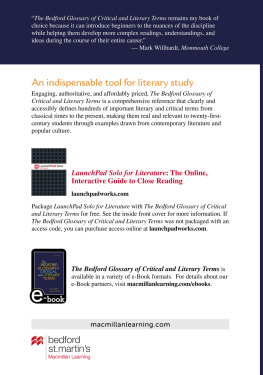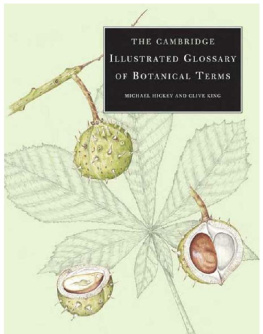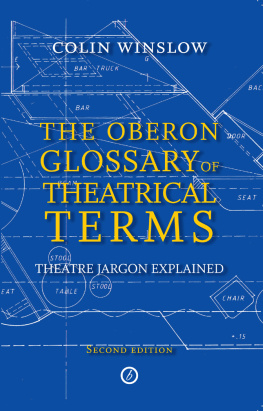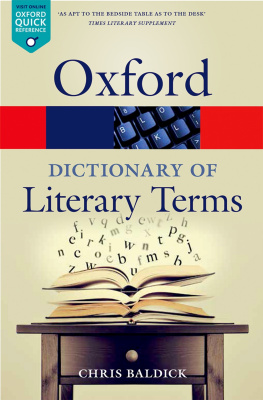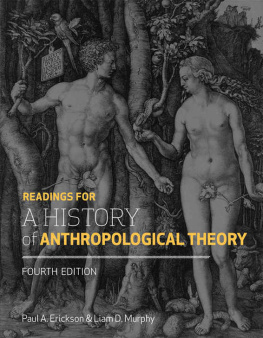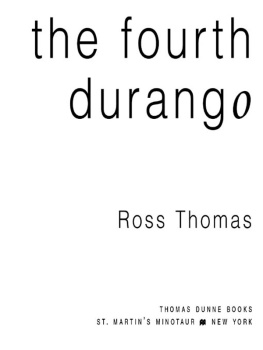Contents
Landmarks
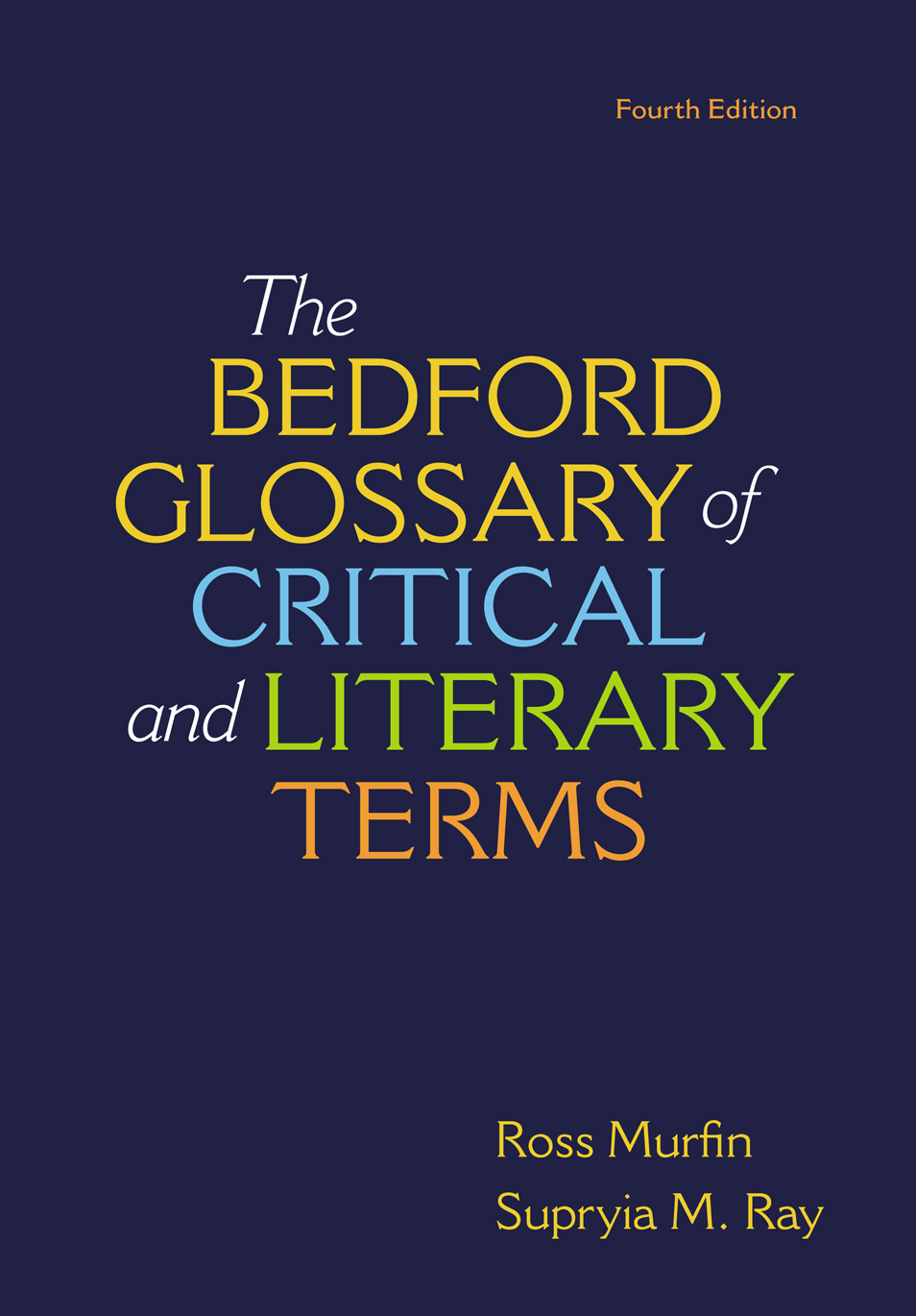

The page shows Launchpad solo for literature logo along with a text that reads, Package LaunchPad Solo for Literature (launchpadworks.com) for free with The Bedford Glossary of Critical and Literary Terms for a truly interactive and assignable experience.
A text below it reads, Inside LaunchPad Solo for Literature
Interactive Modules:
Respond to a Reading
Draw Connections
Collaborate on a Reading
Listen to a Reading
Interactive Modules are based on twenty selections, including:
Anne Bradstreet, The Author to Her Book
Gwendolyn Brooks, We Real Cool
Emily Dickinson, I heard a Fly buzz when I died
Robert Frost, Mending Wall
Langston Hughes, The Negro Speaks of Rivers
Andrew Marvell, To His Coy Mistress
Dylan Thomas, Do Not Go Gentle Into That Good Night
William Carlos Williams, The Red Wheelbarrow
Exercises on the Elements of Poetry
Exercises on Figurative Language
Reading Comprehension Quizzes
Additional Selections (over 200)
MLA Documentation Guide
To package LaunchPad Solo for Literature with The Bedford Glossary of Critical and Literary Terms, use ISBN: 978-1-319-10783-3.
The Bedford Glossary of Critical and Literary Terms
The Bedford Glossary of Critical and Literary Terms
Fourth Edition
Ross Murfin
Southern Methodist University
Supryia M. Ray

For Bedford/St. Martins
Vice President, Editorial, Macmillan Learning Humanities: Edwin Hill
Senior Program Director for English: Leasa Burton
Program Manager: John E. Sullivan III
Marketing Manager: Sophia LaTorre-Zengierski
Director of Content Development: Jane Knetzger
Executive Development Manager: Maura Shea
Developmental Editor: Katherine Retan
Content Project Manager: Matthew Glazer
Senior Content Workflow Manager: Jennifer Wetzel
Production Assistant: Brianna Lester
Media Project Manager: Allison Hart
Media Editor: Angela Beckett
Editorial Assistant: William Hwang
Editorial Services: Lumina Datamatics, Inc.
Composition: Lumina Datamatics, Inc.
Photo Editor: Angela Boehler
Photo Researcher: Lumina Datamatics, Inc.
Permissions Editor: Kalina Ingham
Senior Art Director: Anna Palchik
Text Design: Maureen Murray
Cover Design: John Callahan
Copyright 2018, 2009, 2003, 1998 by Bedford/St. Martins.
All rights reserved. No part of this book may be reproduced, stored in a retrieval system, or transmitted in any form or by any means, electronic, mechanical, photocopying, recording, or otherwise, except as may be expressly permitted by the applicable copyright statutes or in writing by the Publisher.
Manufactured in the United States of America.
2 1 0 9 8 7
f e d c b a
For information, write: Bedford/St. Martins, 75 Arlington Street,Boston, MA 02116
ISBN 978-1-319-11829-7 (EPUB)
Acknowledgments
Text acknowledgments and copyrights appear at the back of the book on , which constitute an extension of the copyright page. Art acknowledgments and copyrights appear on the same page as the art selections they cover.
Contents
Preface
The Bedford Glossary of Critical and Literary Terms grew out of our work on the Bedford/St. Martins Case Studies in Contemporary Criticism series, which presents classic literary works reprinted with editorial material and critical essays designed to introduce college students to current literary theories, concepts, and terms. The success of the series and of our collaboration in helping students grapple with complex literary and critical discourses encouraged us to try our hands at a full-scale glossary.
In undertaking this project, we consulted other available guides, and, although we admired and learned from them, we also concluded that they were not fully attuned to current developments in literary studies or to the needs of contemporary students. Accordingly, we set out to produce a glossary that would not only redefine old terms in a concise and accessible manner but also comprehensibly introduce the newest critical theories, approaches, and terminology. In the process, we sought to incorporate a wide variety of examples reflecting the diversity of the arts and the world itself. Furthermore, we saw the glossary as an opportunity to help students understand how literariness figures in their lives, not only in the classroom and in the books they read but also in all the texts that shape their experiences, including those of popular culture.
Notable Features of This Glossary
It defines more than 900 important terms. We have sought to define and describe hundreds of traditional, indispensable terms such as genre, irony, metaphor, narrative, and rhyme in a manner that readers would find clear and current, taking into account their changing inflections and possible new applications. For example, we acknowledge the view, increasingly prevalent since the advent of deconstruction, that irony is a figure of speech; identify examples of anagnorisis in films such as M. Night Shyamalans The Sixth Sense; and distinguish between two scenes in Clint Eastwoods film Million Dollar Baby by applying the concepts of crisis and climax. We have also included terms from classical rhetoric (e.g., prolepsis) and logic (e.g., aporia), many of which have been given new currency in contemporary critical discourse, as well as relatively new terms (e.g., digital humanities, flash fiction, intersectionality) still emerging in our culture and classrooms.
We have included entries on literary theories and forms of literary criticism ranging from formalism to poststructuralism, dialogic criticism to queer theory, ecocriticism to thing theory, as well as the sometimes daunting concepts associated with these varied approaches, such as carnival, diffrance, epistm, jouissance, and overdetermination. Furthermore, we have written entries for numerous periods and movements relevant to literary studies, from the Old English Period to the Postmodern Period, from the Enlightenment to existentialism. Finally, along with our entries describing traditional literary genres such as poetry, prose, and fiction, we have profiled popular, mass-market subgenres such as fantasy fiction, manga, science fiction, and steampunk.
Its examples are drawn from both literature and popular culture. We have searched for illustrative examples not only in canonical literature but also in contemporary literature and older literary works that have often been overlooked. We have thus included hundreds of examples from major figures commonly cited in literary glossaries: Homer, Shakespeare, Swift, Wordsworth, Dickens, Dickinson, Joyce, Woolf, and other classic writers. But we also reference previously marginalized writers such as Aphra Behn and Olaudah Equiano; culturally diverse contemporary authors such as Chimamanda Ngozi Adichie, Isabel Allende, Ta-Nehisi Coates, Junot Daz, Khaled Hosseini, Yann Martel, China Miville, Rohinton Mistry, Dai Sijie, Zadie Smith, and Colson Whitehead; and recent literary best sellers including Anthony Doerrs

